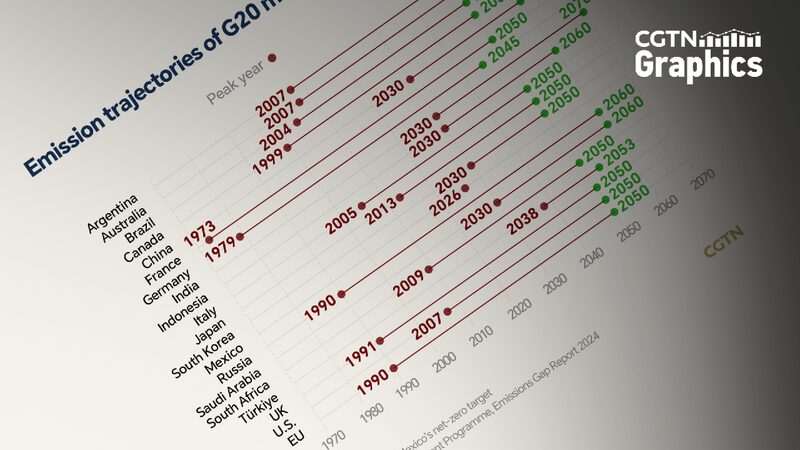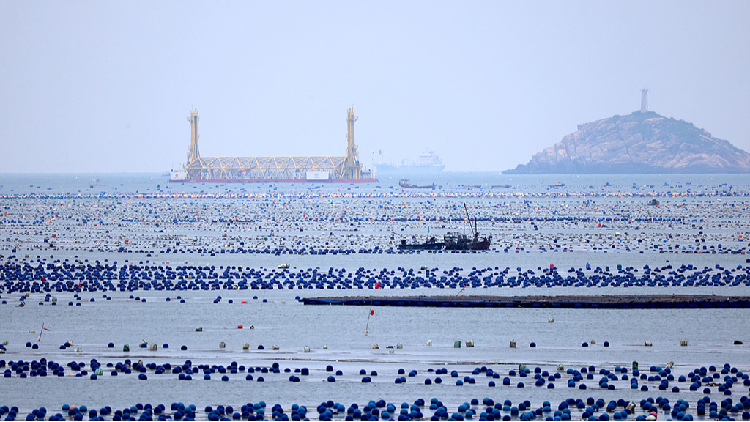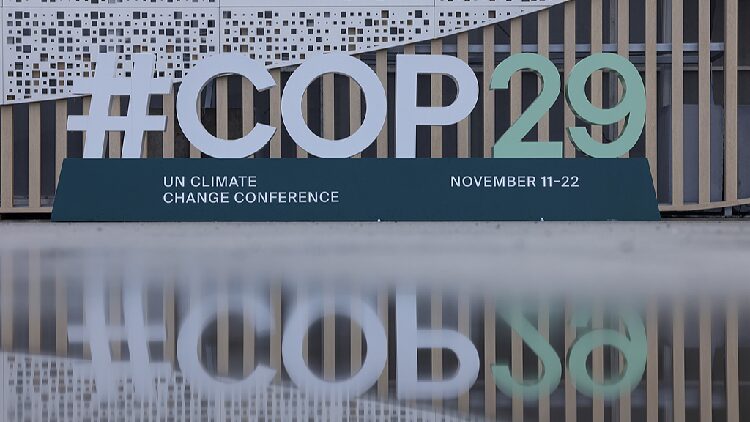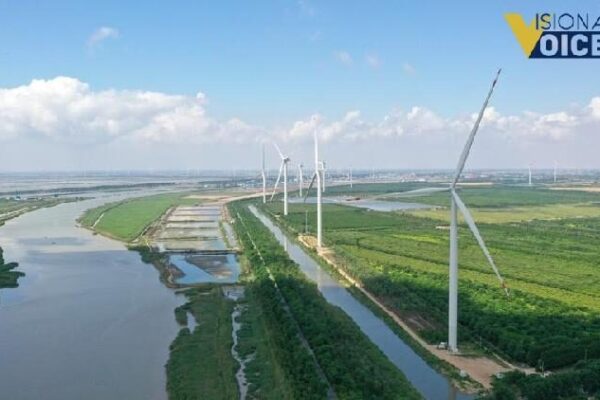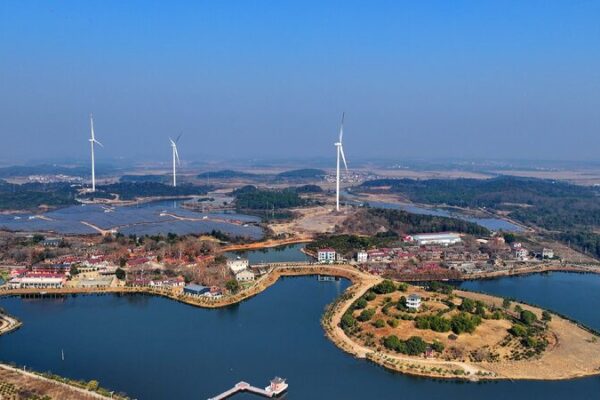The world’s biggest economies are stepping up in the fight against climate change. The G20, which brings together major energy producers and consumers, is leading the global transition to clean energy.
In 2023, G20 members—excluding the African Union—accounted for 77% of global emissions. Including the African Union expands the group from 44 to 99 countries, raising the total emissions to 82%. This modest increase highlights the need for differentiated responsibilities, making G20 leadership essential for meaningful progress.
Each G20 member has set targets for achieving net-zero emissions. For example, China aims to peak emissions by 2030 and achieve carbon neutrality by 2060. These commitments underline a collective effort to reduce emissions and promote sustainable energy solutions.
The actions of the G20 are pivotal. With major economies and top emitters taking the lead, there’s hope for significant strides toward a cleaner, greener future for all.
Reference(s):
G20 members advance in energy transition and net-zero commitments
cgtn.com
